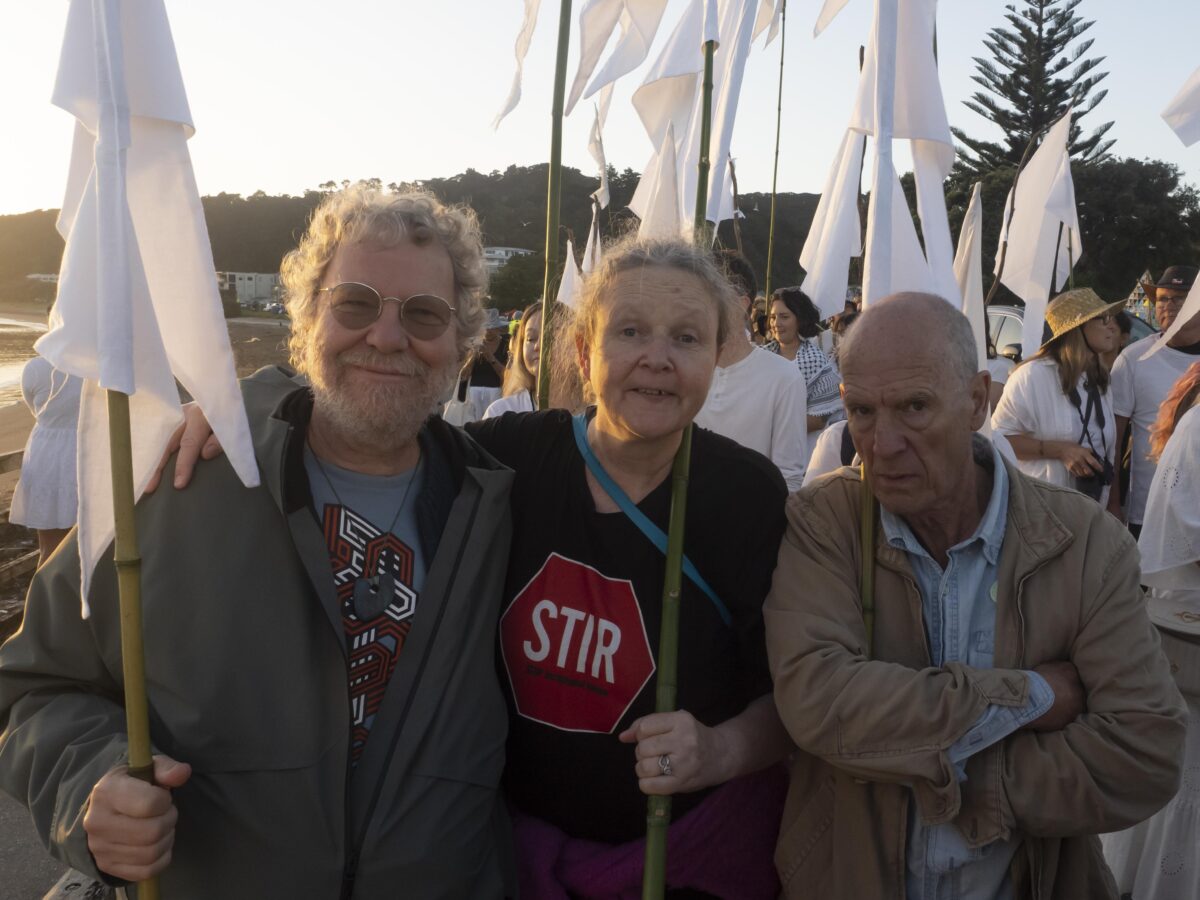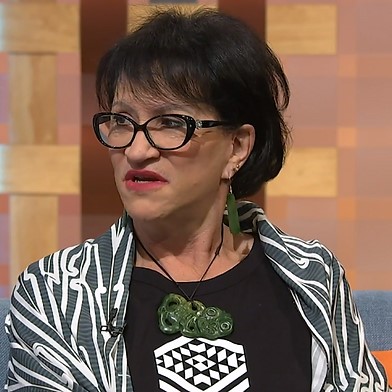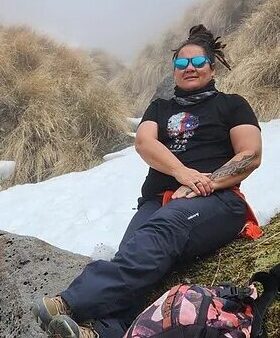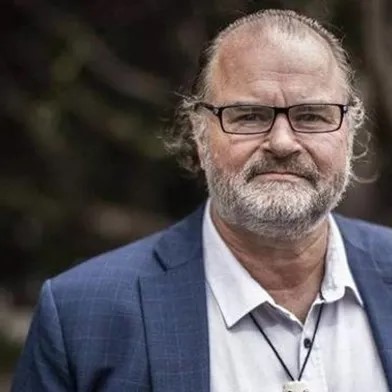Te Tiriti-based futures is a free 10-day online anti-racism event on March 16-25 which is open to all and will benefit nurses and health professionals at an “alarming” time for Aotearoa, says founder, public health academic and activist Heather Came-Friar.
“I’m hoping this will provoke and inspire people wanting to learn more and work out how they can contribute to racial justice in this country.”
‘If you’re going to be politically and culturally competent, this is the sort of training you need to get to keep up-to-date and learn about what’s going on in the world.’
For health practitioners, she said it was “free professional development”.
“As a public health practitioner, it’s enormously relevant to get your head around what the issues are that a range of communities are facing,” Came-Friar told Kaitiaki Nursing New Zealand.
“If you’re going to be politically and culturally competent, this is the sort of training you need to keep up-to-date and learn about what’s going on in the world.”
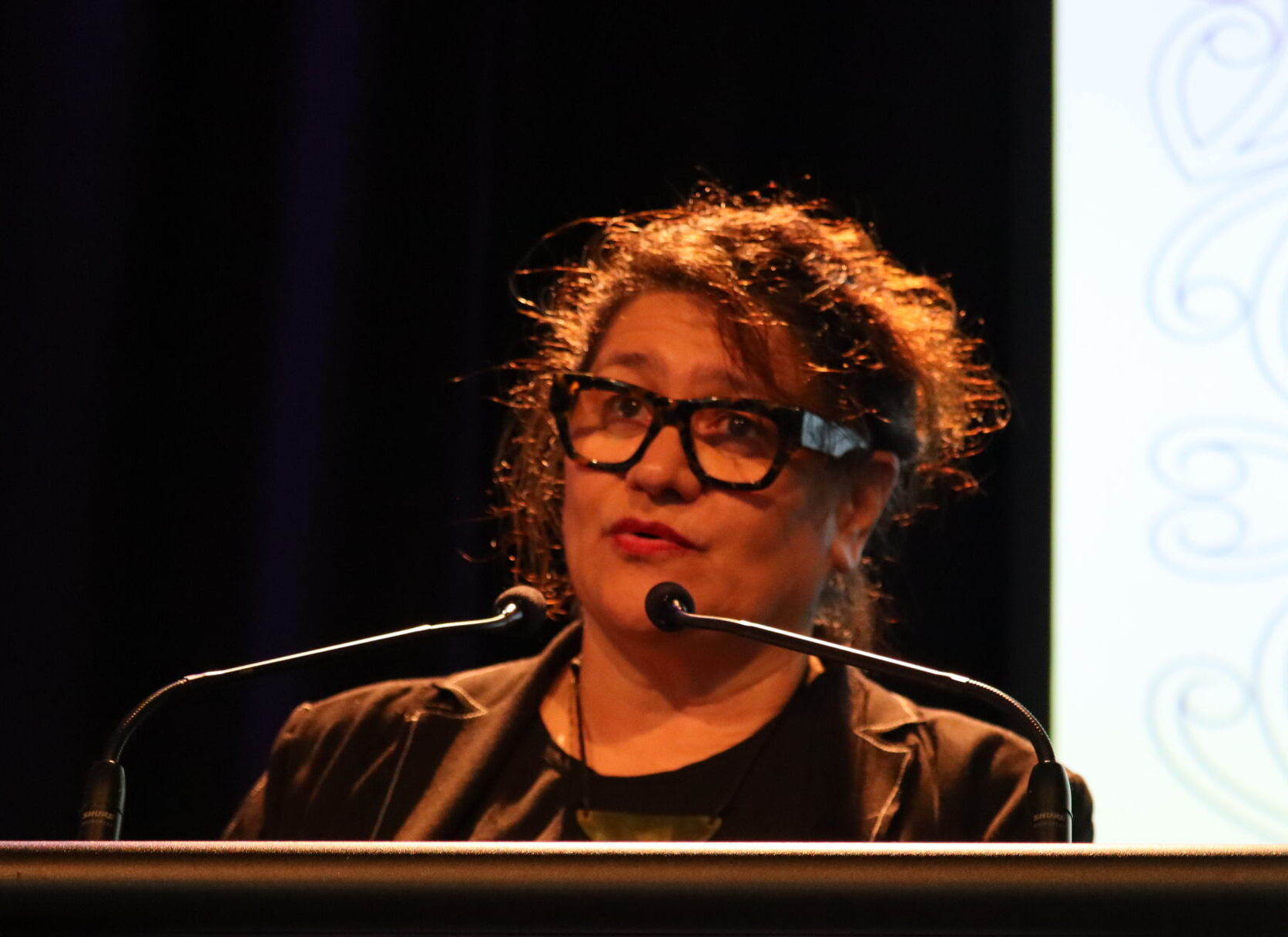
NZNO — Tōpūtanga Tapuhi Kaitiaki o Aotearoa kaiwhakahaere Kerri Nuku, who spoke at the first Te Tiriti Futures event in 2020 about pay disparities for nurses working for Māori and iwi health providers, said it was a great opportunity for the nursing/kaiāwhina workforce to upskill.
“It really makes you critically look at the language you use and the impact that could have unintentionally – so almost a professional development session and cultural safety training programme, all wrapped up into one.”
Came-Friar said the session on Saturday, March 23, Fighting for racial justice in health care would be of particular interest to the nursing and health workforce.
However, she expected nurses would pop up in “unexpected places throughout the programme — as nurses are always on the frontline”.
Nurse and midwife Jean Te Huia, Starship Māori health director Toni Shepherd and GP/Te Aka Whai Ora chief medical officer Rawiri McKree Jansen will be discussing how to transform a system to better care for Māori, who endure shorter lives and worse health outcomes than non-Māori.
‘Te Tiriti is the contract and terms and conditions by which my ancestors came to this country. It cannot be rewritten by a bunch of men in Parliament.’
|
|
|
|
Te Huia was one of the midwives filmed in 2019 stopping social workers uplifting a baby from a young Māori māmā in Hawke’s Bay Hospital, and has continued fighting for wāhine Māori rights on the frontline and through the Waitangi Tribunal’s Mana Wāhine inquiry into discrimination against Māori women.
Other speakers include Māori philosopher Ani Mikaere, Māori researcher Leonie Pihama, Māori sociologist Tracey McIntosh, Te Tiriti scholar David Williams and indigenous Australian activist Yin Paradies, as well as speakers from Palestine, Honduras, the Pacific region and the Black Lives Matter movement.
‘I’m just hoping for some compassion and some considered and strategic action – and for people to get some skin in the game.’
There will also a student-led petchakutcha marathon — based on a Japanese concept of short, image-based presentations.
“We do privilege the local scene because we want to understand what’s going on there – but we’re also curious about the world, as there are things to learn,” Came-Friar said.
“I’m just hoping for some compassion and some considered and strategic action – and for people to get some skin in the game.”
Nuku said the international speakers helped share not only the challenges facing indigenous people globally — but solutions relevant for Aotearoa. “What do other groups or people put in place to combat this?”
She said it was a timely to be considering what Te Tiriti partnership looked like — and what non-tāngata whenua can do to support the kaupapa.
‘We need to step up’
Came-Friar — who is Pākeha — said current discourse around Te Tiriti was “somewhat alarming” but she was confident about its future.
“Te Tiriti will always endure – commonsense will prevail. Te Tiriti is the contract and terms and conditions by which my ancestors came to this country. It cannot be rewritten by a bunch of men in Parliament. It’s been agreed to and we need to step up and honour it.”
It was a time to listen, “open your heart” and decide how to respond, she said.
“My theme for the year is stand up, fight back – and I hope people take the opportunity for this important free education for people to learn a little bit more and then consider whether they’re standing on the right side of history.”
Held every two years, the online event was attended by 42,500 globally in 2022.
— Te Rūnanga o Aotearoa NZNO is a partner of Te Tiriti-based Futures


